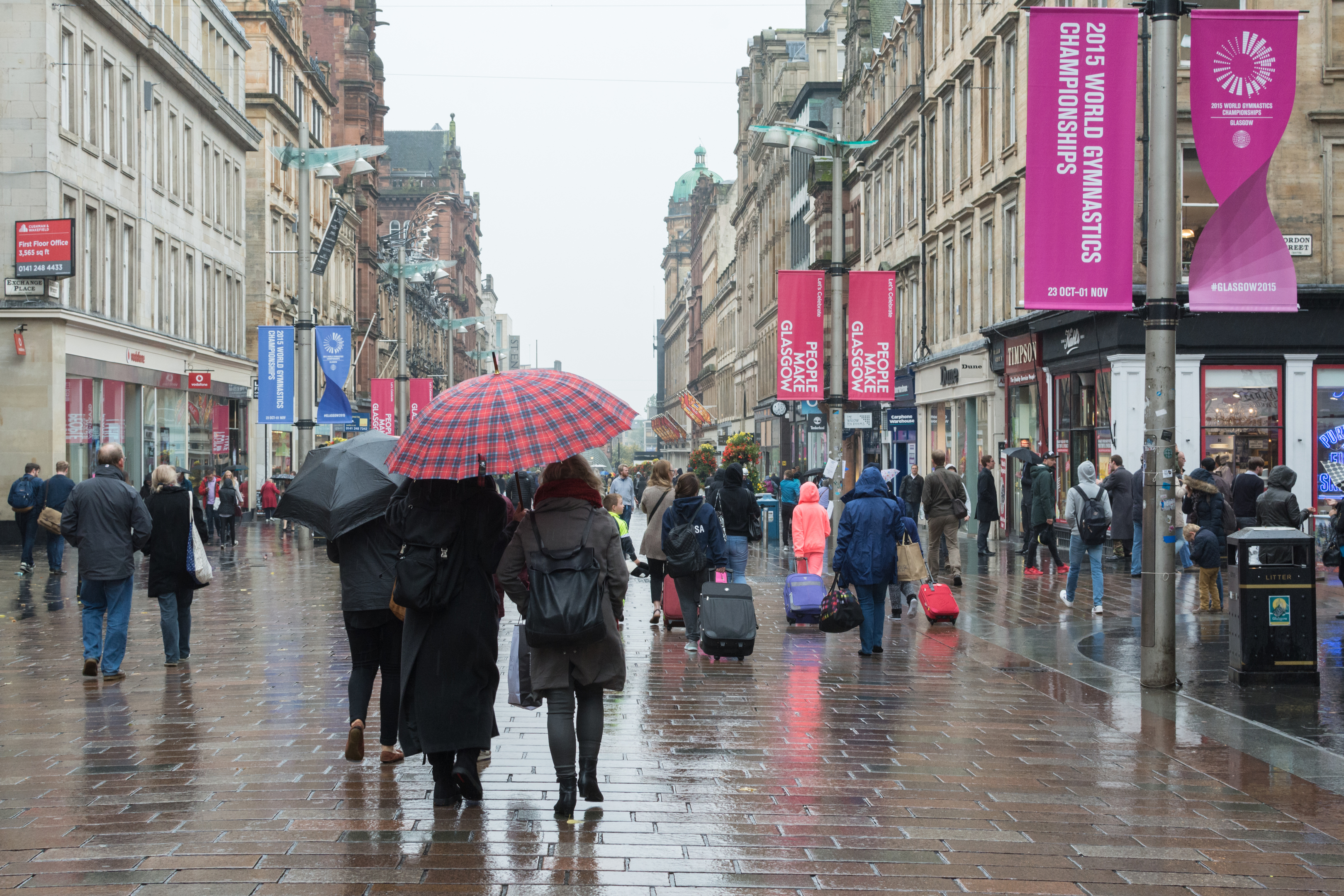
NEARLY a third of Britons have had no spare cash to put into “rainy day” savings in the past 12 months, according to a charity.
Some 29% of people had no leftover cash to put into an account which could cover emergency bills, StepChange Debt Charity found.
A further 19% said that even when they could save, they had £50 or less available each month.
Nearly half (45%) of people earning less than £20,000 had been unable to save in any of the previous 12 months, according to the charity’s survey of more than 3,200 people.
StepChange said many households are living in a “perilous financial state”, with a fifth saying they would not be able to survive financially for more than a month if their income fell by a quarter.
The charity said the scheme to automatically enrol people into workplace pensions should be adapted so it also encourages people to build up a precautionary savings pot.
Households are expected to face tougher economic conditions this year. Office for National Statistics figures recently showed the Consumer Price Index measure of inflation reached 1.6% in December, marking the highest level since July 2014.
Bank of England figures have recently shown strong increases in consumer credit, prompting concerns that some people may be over-stretching their borrowing.
Mike O’Connor, chief executive of StepChange Debt Charity, said: “Not having a precautionary savings pot means that people are extremely vulnerable to falling into severe problem debt.
“For too many people stretched budgets leave no room to put even a little aside as they struggle to get by, just about managing month after month.
“A drop in income or an unexpected expense pushes people over a cliff from managing to crisis.”

Enjoy the convenience of having The Sunday Post delivered as a digital ePaper straight to your smartphone, tablet or computer.
Subscribe for only £5.49 a month and enjoy all the benefits of the printed paper as a digital replica.
Subscribe